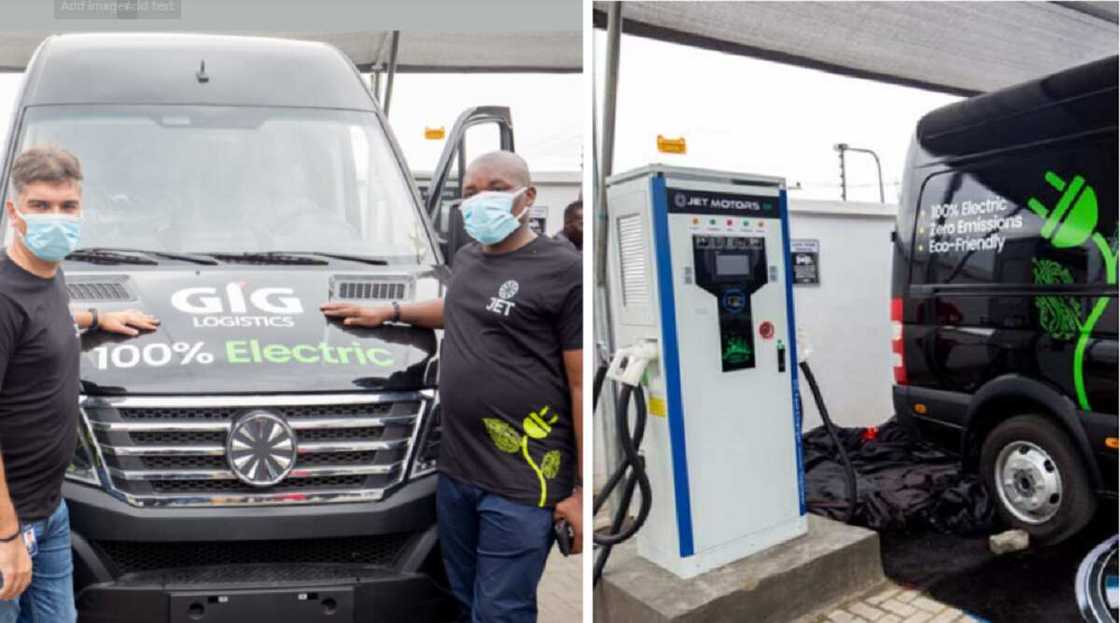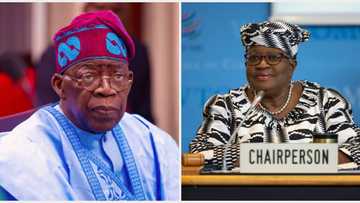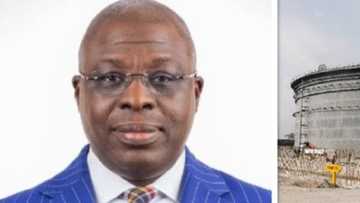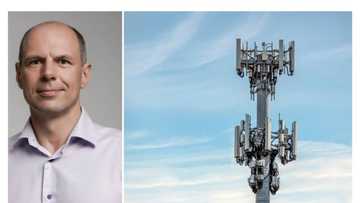Nigerian Automobile Company Partners Government to Ease Transportation Costs with Electric Vehicles
- A Nigerian auto company is collaborating with the government of Delta State to offer a cheaper transportation system
- The alliance will result in local transport operators embracing electric vehicles for widespread transit purposes
- Electric vehicles have shown to be a better option that can save cost, considering how petrol prices have skyrocketed lately
PAY ATTENTION: Click “See First” under the “Following” tab to see Legit.ng News on your Facebook News Feed!
Delta State Government and Jet System Automobile Industry Limited have forged a collaborative venture to ease transportation costs in the state.
The prospective agreement centres on embracing electric vehicles (EVs) and erecting hubs for charging said EVs across the region.
It would be recalled that Legit.ng earlier reported that the National Automotive Design and Development Council (NADDC) bought locally-made electric vehicles with their charging infrastructure from Nigerian technology firm Jet Motors.

Source: UGC
Amidst the substantial expenses linked to fuel commodities, discussions have commenced between the state administration and the enterprise regarding the potential of aiding local transport operators in embracing environmentally conscious electric vehicles for widespread transit purposes.
PAY ATTENTION: Сheck out news that is picked exactly for YOU ➡️ find the “Recommended for you” block on the home page and enjoy!
According to The Nation, the delegation from Jet Systems, headed by Chairman Chidi Ajaere and Chief Operating Officer (COO) Joseph Osanipin, paid a visit to Sheriff Oborevwori, the Governor of Delta State, at the capital city of Asaba.
Following an examination of the electric vehicles provided by Jet Systems, during which he also engaged in a test drive, Oborevwori indicated that the state could potentially explore procuring electric vehicles for widespread transportation.
This move aims to counteract the repercussions of the removal of fuel subsidies.

Read also
"We are going to try": Tinubu, Okonjo-Iweala brainstorm solutions as N700 per litre petrol price looms
The governor pledged to establish a committee led by the Secretary to the State Government (SSG), Dr Kingsley Emu, tasked with assessing the practicality and enduring feasibility of integrating electric vehicles into the state's transport system.
The governor said that electric vehicles are a better option to save cost, considering how petrol prices have skyrocketed lately.
He said:
The EVs are cheaper. We are studying this model. Everybody is trying to go in that direction. It will also be economical, and the good thing about this is that I am putting together a team headed by the SSG to see if it is something the state can invest in.
On his part, Ajaere emphasised the merits of venturing into Electric Vehicles (EVs), highlighting their environmental friendliness and cost-effectiveness.
He noted that companies were increasingly directing their investments towards electric vehicles in response to the escalating expenses associated with fuel and maintenance.
He added:
With electric vehicles, you eliminate the cost of vehicle maintenance and fuel by almost 80 per cent. The life span of the battery is about 10 years, and the bigger vehicles can do about 300km on a full charge; that’s like moving from Lagos to Ibadan and back to Lagos or from Asaba to Warri and back to Asaba.
He suggested that the key requirement is for the government to establish solar-powered charging stations along travel routes for electric vehicles, especially during extended journeys.
This setup would enable passengers to conveniently recharge their cars while taking breaks, similar to their customary rest stops, ensuring a seamless continuation of their journey.
However, the Nigerian National Petroleum Company Limited (NNPC) has announced its intentions to set up charging terminals at its network of petrol and gas stations across Nigeria, catering to the charging needs of electric vehicles.

Read also
"They don't follow rules": Expert highlights why local oil and gas companies in Nigeria fold up
Nigerian man converts petrol vehicle to electric, says it does not make noise
Earlier, Legit.ng reported how Chukwuemeka Eze, a young Nigerian individual, garnered admiration on TikTok when he shared his story of successfully converting a gasoline-powered vehicle into an electric car.
He recounted that his venture into transforming conventional cars into electric ones commenced as an undergraduate at the University of Nigeria, Nsukka.
During his university years, he delved into the intricacies of Tesla's engineering methods for manufacturing electric vehicles.
Employing a tricycle as his experimental prototype, he showcased the placement of batteries at the rear of the vehicle.
This configuration resulted in reduced noise emissions and facilitated simpler operation.
Source: Legit.ng




